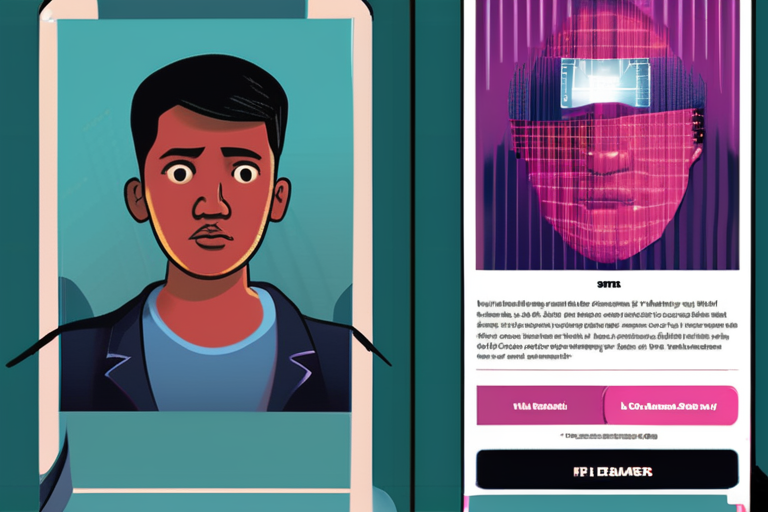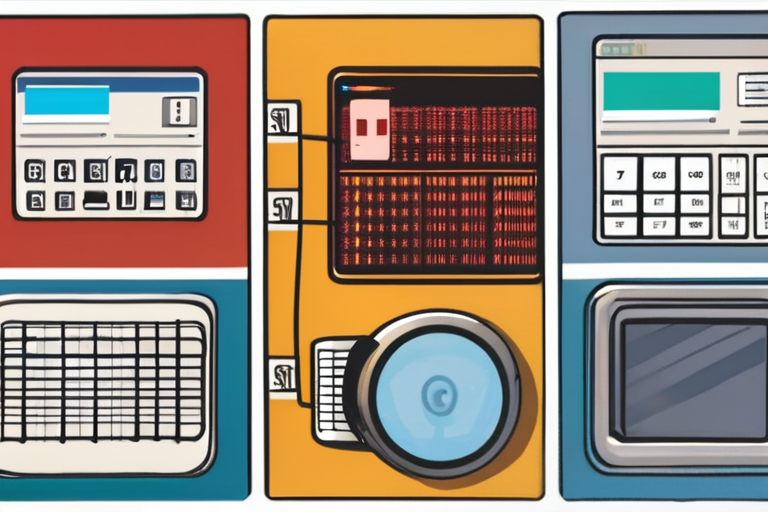Meta Unveils Enhanced Facial Recognition Tools for UK, EU, and South Korea to Combat Impersonation Scams


Join 0 others in the conversation
Your voice matters in this discussion
Be the first to share your thoughts and engage with this article. Your perspective matters!
Discover articles from our community

 Hoppi
Hoppi

 Hoppi
Hoppi

 Hoppi
Hoppi

 Hoppi
Hoppi

 Hoppi
Hoppi

 Hoppi
Hoppi

Tech-Powered Deportation Crackdown: ICE's Digital Arsenal In a move to bolster its mass deportation campaign, Immigration and Customs Enforcement (ICE) …

Hoppi

The Double Life of Celebrity Chatbots: How Meta's AI Services Became a Playground for Unauthorized Impersonators Imagine sitting down with …

Hoppi

Tech-Powered Deportation Crackdown: ICE Deploys Advanced Surveillance Tools In a move to bolster its mass deportation campaign, Immigration and Customs …

Hoppi

Vietnam Shuts Down Millions of Bank Accounts Over Biometric Rules As of September 1, 2025, banks across Vietnam have begun …

Hoppi

Vietnam Shuts Down Millions of Bank Accounts Over Biometric Rules As of September 1, 2025, banks across Vietnam have begun …

Hoppi

Meta Rolls Out Teen Accounts for Facebook and Messenger Globally In a move to enhance online safety and parental control, …

Hoppi